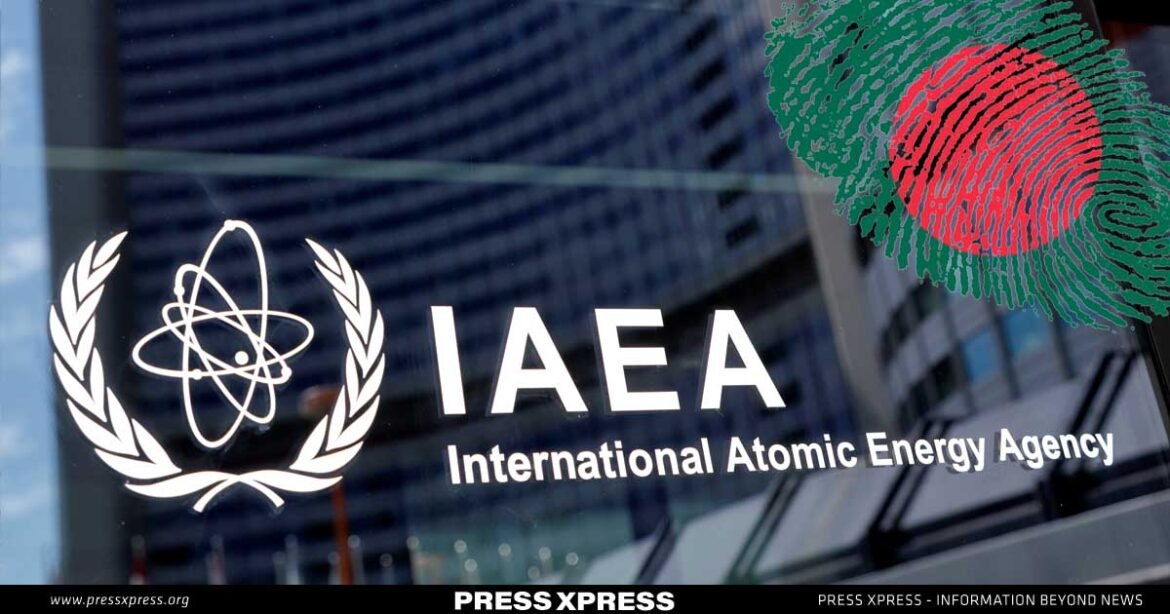PM Hasina’s visionary leadership and commitment to fostering international relationships have played a pivotal role in elevating Bangladesh’s global standing
In the ever-evolving landscape of international relations, countries across the globe continually strive to assert their presence and significance on the global stage. Bangladesh, with its rich history, diverse culture, and growing economy, is no exception to this phenomenon. In recent years, Bangladesh has garnered increased recognition in the international arena, leading many analysts of international relations to view its participation in various international forums as a natural progression. This rise in recognition and engagement is a testament to the country’s commitment to diplomacy, economic growth, and international cooperation.
You can also read: House Oversight Panel’s Revelations from President Biden’s Impeachment Hearing
Bangladesh, with its rich history, diverse culture, and growing economy, is no exception to this phenomenon. In recent years, Bangladesh has garnered increased recognition in the international arena, leading many analysts of international relations to view its participation in various international forums as a natural progression. This rise in recognition and engagement is a testament to the country’s commitment to diplomacy, economic growth, and international cooperation.
New Members Joining the IAEA Board of Governors for 2023-24 Term
As per the official IAEA website, eleven new countries have been chosen to serve on the 35-member IAEA Board of Governors for the 2023-24 term. These newly elected members comprise Algeria, Armenia, Bangladesh, Burkina Faso, Ecuador, Indonesia, South Korea, the Netherlands, Paraguay, Spain, and Ukraine.
The composition of the 35-member IAEA Board for the 2023-24 term can be found on the organization’s website. The member countries include Algeria, Argentina, Armenia, Australia, Bangladesh, Brazil, Bulgaria, Burkina Faso, Canada, China, Costa Rica, Denmark, Ecuador, Finland, France, Germany, India, Indonesia, Japan, Kenya, South Korea, Namibia, Netherlands, Paraguay, Qatar, Russia, Saudi Arabia, Singapore, South Africa, Spain, Turkey, United Kingdom, Northern Ireland, United States, Uruguay, and Ukraine.

PM Hasina’s Remarkable Influence
Bangladesh’s expanding role in international forums lies the strong leadership of Prime Minister Sheikh Hasina. Her visionary leadership and commitment to fostering international relationships have played a pivotal role in elevating Bangladesh’s global standing. In 2016, Fortune magazine recognized Prime Minister Hasina as one of the world’s most influential leaders, ranking her 10th on a list of top leaders in politics, business, and other fields. She stands as the sole woman leader from the Organization of Islamic Cooperation (OIC) countries to earn this honor.
Bangladesh in International Forums
One noteworthy development in Bangladesh’s international engagement is its recent election as a member of the Board of Governors of the International Atomic Energy Agency (IAEA). Eleven countries, including Bangladesh, were elected to serve a two-year term from 2023 to 2024. This election underscores Bangladesh’s commitment to promoting the peaceful use of nuclear energy worldwide and preventing the misuse of nuclear technology. The IAEA plays a crucial role in formulating and implementing international standards related to nuclear safety and security.
This is not the first time Bangladesh has sought membership in prestigious international forums. In 2018, the country became a member of the ‘Global Skills’ Forum, an initiative dedicated to youth skill development. Bangladesh’s recognition as the 79th member country at the World Skills Conference 2018 in Amsterdam marked a significant achievement in this endeavor.
Furthermore, Bangladesh’s contributions extend to addressing global challenges. In 2021, the country was elected to the executive boards of the United Nations Commission on Narcotic Drugs, UNICEF, and UN Women. These roles allow Bangladesh to actively participate in shaping global policies and solutions in areas such as drug control, child welfare, and gender equality.
Bangladesh’s Global Evolution
Professor Imtiaz Ahmed, an international relations analyst, observes that Bangladesh’s increased recognition in the global arena aligns naturally with its aspirations to become a member of various international forums. He points to the strengthening trade relations between Bangladesh and various countries as a key driver of this evolution.
Professor Ahmed notes, “Bangladesh has naturally earned a place of dignity as a country. Its trade relations have flourished with numerous nations. As a result, it is entirely fitting for Bangladesh to hold memberships in international forums.”
The current world order emphasizes the importance of friendly and cooperative relations among nations. Bangladesh’s growing presence in international forums reflects its commitment to fostering such relationships. As the country continues to progress on its trajectory of economic growth and diplomacy, it will undoubtedly seek to play a more significant role in shaping the global agenda and contributing to solutions for the world’s pressing challenges.
Bangladesh’s increased recognition in the international arena and its participation in various international forums are emblematic of its emergence as a prominent player in the global landscape. With strong leadership and a commitment to diplomacy and cooperation, Bangladesh stands poised to continue making meaningful contributions to international relations, ensuring a brighter and more collaborative future on the world stage.


